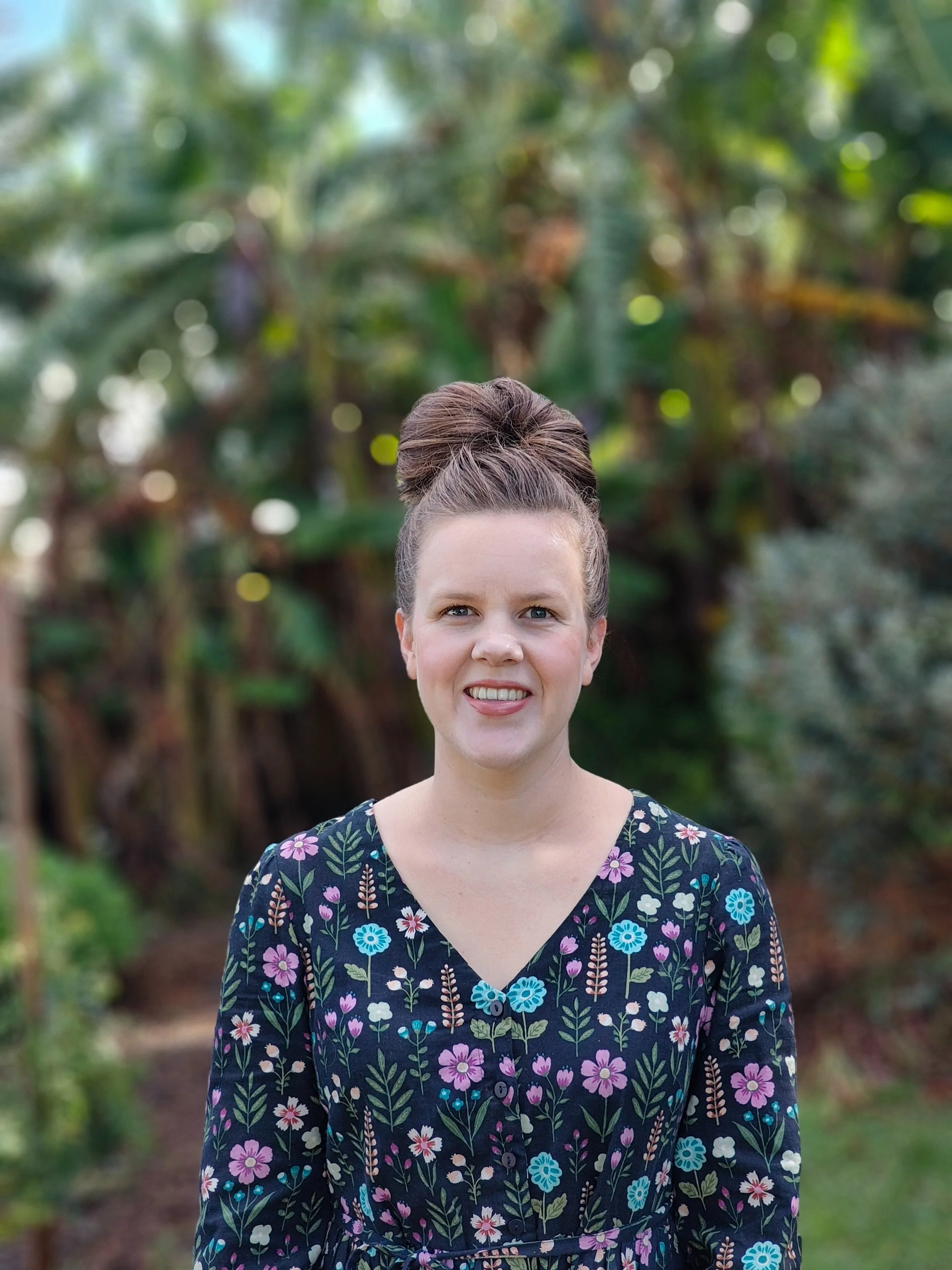Concern continues to grow as the number of people applying for Assisted Dying is dramatically increasing, but the workforce burdened with overseeing it continues to resist.
The annual report on Assisted Dying by the Ministry of Health Registrar has been released (July 15) and the results show there has been a 27.8 percent increase in applications for the service, but the workforce overseeing its outworking is diminishing.
“It’s not a surprise that healthcare professionals are pulling away from the hideous act of killing patients they have sworn to protect,” Voice for Life National President Lydia Posthuma says.
“The vast majority of healthcare professionals, in particular those in palliative care, believe whole-heartedly that euthanasia is a horrific act that goes against the very foundation of their caring vocation and to their credit refuse to participate.”
Posthuma refers to the thousands that signed petitions and submitted feedback resisting the End of Life Choice legislation as it was pushed through Parliament in 2021.
The latest Assisted Dying report from the Registrar released this week shows a 27.8 percent increase of new applications (up from 834 to 1066), bringing the number of active cases for euthanasia or assisted suicide up 20 percent from 945 in the last reported year, to 1,137 this year.
The report also shows a near-15 percent (14.86%) decrease in healthcare practitioners involved, from 148 last year, to 126 this year. And those results are nationwide - when coverage is broken into the four regional divisions Te Whatu Ora oversees, one area is extremely under serviced: Te Manawa Taki.
Te Manawa Taki includes Waikato (including Hamilton, Thames‑Coromandel, Ruapehu etc.), Bay of Plenty (Tauranga, Whakatāne, Rotorua etc.), Lakes (Rotorua and Taupō districts), Tairawhiti (Gisborne) and Taranaki (New Plymouth, Stratford, South Taranaki), with a population of over 1 million people, including a substantial Maori population of about 28 percent.
This region currently has zero nurse practitioners and zero psychiatrists willing to participate in the process.
Lydia Posthuma, Voice For Life President
“It shows, not only do we have healthcare professionals who are willing to stand up for their ethics and say ‘no’, there is also tremendous pressure on those who have agreed to participate in this grievous process,” Posthuma says.
“Pressure which puts strain on their ability to provide robust care, screen effectively, ensure all care is given and time for patients to process.
“These same doctors are the only ones providing the only checks to ensure applicants are not being coerced, or making this ‘choice’ out of desperation. It’s a dangerous scenario.”
This strain is being responded to with active recruiting by the Ministry of Health.
“This is the worst time to try and turn around and say, ‘let's remove more safeguards and broaden eligibility’. More people can apply and flood the system that is already under strain and being resisted for good reason,” Posthuma says.
The inconsistent support for end of life care throughout regions in palliative care is also of great concern to us, she says.
While 78.3 percent of applicants for assisted dying state they have or are receiving palliative care within the last year, that leaves more than 20 per cent who are not. And even then, there is no assessment into the quality of palliative care that is being offered.
“It’s widely recognised that palliative care is patchy across regions throughout New Zealand, and it is way under-funded. If we really want to ensure we are actually giving people choice in their end of life care we must ensure they have access to palliative care,” Posthuma says.
The annual report showed that 472 people were killed by assisted dying, which is a 37.2% increase from last year. That brings the total of those killed in New Zealand by assisted dying to 1210.


